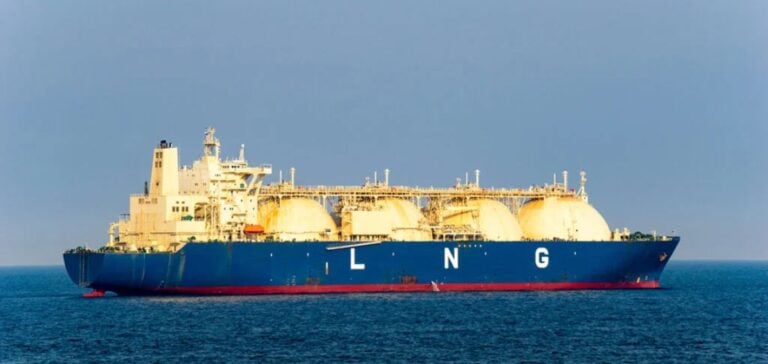Egypt has finalised a series of agreements to secure the import of 290 liquefied natural gas (LNG) shipments over a period of 30 months, starting in July, according to local press reports. This initiative comes in anticipation of the significant increase in electricity consumption observed annually during the summer season.
Contract terms and involved actors
These transactions, managed by Egypt’s state-owned Egyptian Natural Gas Holding Company (EGAS), involve several prominent international energy market players. Among them are trading firms Trafigura, Vitol, Hartree Partners and BGN Group, as well as Anglo-Dutch multinational Shell, and state-owned petroleum companies Saudi Aramco and Socar. The overall contract amount has not been disclosed by Egyptian authorities.
However, the agreed LNG delivery prices are indexed directly to European market rates, with an additional premium ranging between $0.80 and $0.95 per British Thermal Unit (BTU). These agreements also feature extended payment terms of up to six months, allowing the government to better manage the current pressure on its public finances.
Context of Egypt’s supply and demand
Egypt’s LNG strategy unfolds within a context characterised by a steady decline in national natural gas production, particularly evident at the Zohr field, the country’s largest gas reserve. Having reached maturity, the site exhibits a gradual reduction in extraction volumes, exacerbated by financial difficulties and unpaid bills accumulated with some operators.
Thus, after achieving gas self-sufficiency in 2018, Egypt was compelled to resume imports in the summer of 2024, when domestic consumption began significantly exceeding local production. This increased dependency on imports continued during the following winter season, with the acquisition of about 20 additional shipments under advantageous financial terms.
Medium-term outlook
At the start of the year, the country had already secured 60 shipments from Shell and TotalEnergies, representing an investment close to $3bn. To date, Egypt has already received more than three-quarters of the volumes imported throughout the previous year. Official forecasts indicate that imports of liquefied natural gas will remain high at least until 2030, highlighting the persistent energy challenges facing the country.
These initiatives represent significant attempts by Egyptian authorities to prevent summer power outages, which had impacted previous years, reflecting ongoing tensions between energy supply and rising domestic demand.






















